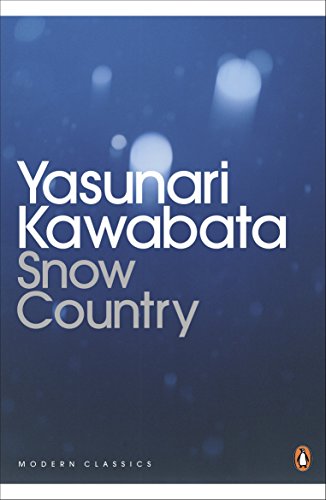

Is "Snow Country" meant to be read as a deeply tragic novel? Imagine what the future holds for Shimamura, Komako, and perhaps Yoko.Did you respect Shimamura’s powers of observation? Scorn his detached, self-centered way of looking at life? Pity his neediness and loneliness? Was his character too cryptic or complicated to allow a single clear reaction? Entranced by the light of first love, Anton feels himself blessed. While working part-time as a private tutor, he encounters Delphine, a woman who mixes startling candour with deep reserve. Kawabata’s novels are among the most affecting and original works of our time. Shimamura’s personality can inspire some very different responses. ABOUT SNOW COUNTRY: 1914: Young Anton Heideck has arrived in Vienna, eager to make his name as a journalist. This masterpiece from the Nobel Prize-winning author and acclaimed writer of Thousand Cranes is a powerful tale of wasted love set amid the desolate beauty of western Japan.Does the emphasis on brevity create dense, evocative prose, or awkward and unclear passages? Do Kawabata’s characters succeed in being simultaneously mysterious and complex or do they simply seem puzzling and ill-defined? Consider how effective Kawabata’s writing style is.

How important is Kawabata’s setting for "Snow Country"? Is it integral to the story? Can you imagine Shimamura and his conflicts transplanted to another part of Japan, or to another country or continent altogether?.


 0 kommentar(er)
0 kommentar(er)
